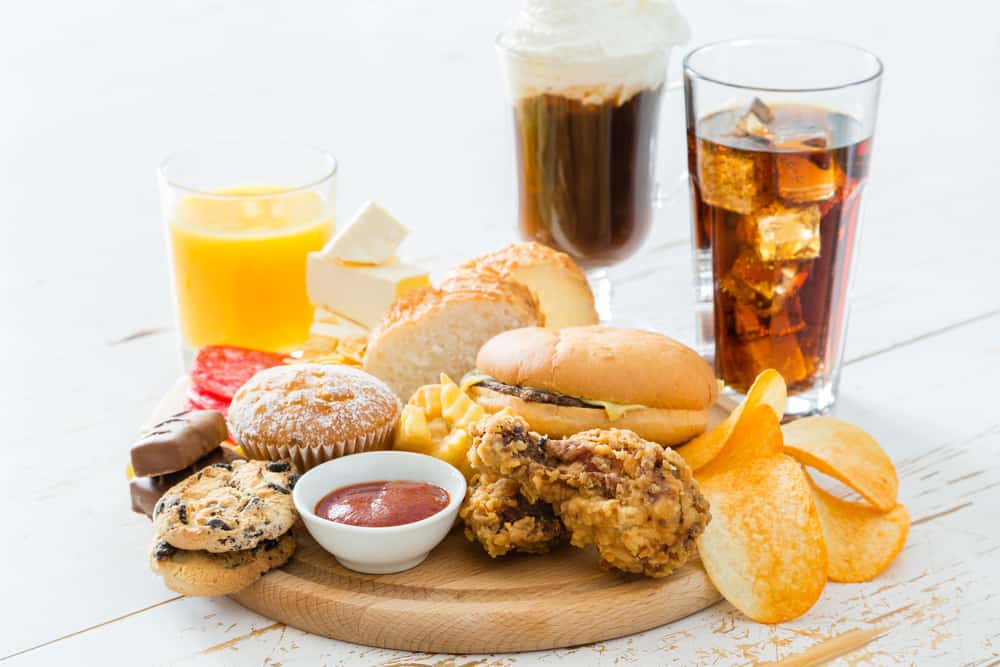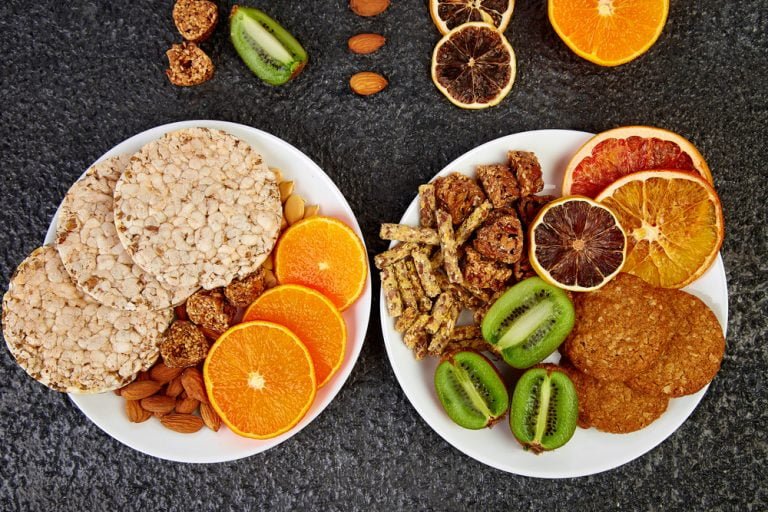Eating for two may well be one of the most enjoyable aspects of pregnancy. Indulging in a little extra hummus or peanut butter or, let’s face it, ice cream or a few potato chips, here and there is a definite pregnancy perk. As long as you do your best to maintain a predominantly healthy diet and refrain, whenever possible, from gaining too much weight, you should be fine to indulge in a craving every once in a while. Aside from not over-doing the sweets and other foods that don’t offer a whole lot of nutritional value, and barring any dietary restrictions due to a medical condition, there are relatively few foods that mothers-to-be are advised to stay away from. However, there are a few precautions that you should take seriously regarding your nutrition and the health of your unborn baby. Don’t worry. The list isn’t very long and it isn’t all that restrictive. It is, however, important that you become familiar with it.
Foods to Avoid During Pregnancy
- Fish high in mercury. This includes tuna, swordfish, tilefish, king mackerel, shark, marlin, orange roughy, grouper, Chilean sea bass, bluefish, halibut, and sablefish. Generally speaking, the larger the fish, the more likely it will have a high mercury count.
- Raw meat and fish. Eating raw or undercooked meat and fish increases the risk of contracting food-borne illnesses that are dangerous to both you and your baby.
- Raw eggs can possibly transmit salmonella although pasteurization does help to reduce this risk. It’s best to avoid them just the same.
- Soft cheeses such as brie, camembert, feta, gorgonzola, and certain queso are not considered safe for consumption during pregnancy.
- Unpasteurized milk.
- Pate carries the possibility of the presence of listeria.
- Excess caffeine can possibly lead to dehydration and even miscarriage. Limit your daily intake to your physician’s suggestions.
- Alcohol has been associated with birth defects.
- Unwashed produce sometimes harbors bacteria.
- Raw sprouts pose potential health hazards to pregnant women and babies due to possible bacterial contamination.
While this list may seem a little daunting at first it’s clear that there are many other healthy and tasty alternatives that will satisfy your cravings and keep you and your baby safe. The American Pregnancy Association advises mothers-to-be that “The food we eat on a daily basis affects how our bodies work, how we heal and grow, and how we maintain energy and strength for years to come. It also determines the basic nutritional health that our children are born with, and provides a model for their eating habits during childhood and beyond.” That reminder should make it easier for us to choose to adopt a healthful nutrition plan during pregnancy and hopefully for the rest of our lives.
The Mayo Clinic states that “during pregnancy, the basic principles of healthy eating remain the same…However, a few nutrients in a pregnancy diet deserve special attention.”
Key Nutritional Needs to Keep in Mind
- This includes sources such as lean meats, fully cooked fish or seafood, eggs, cottage cheese, nuts and legumes.
- Calcium derived from dairy products and certain dark, leafy greens as well as salmon.
- Iron sourced from dark, leafy greens, lean red meats, beans, fortified cereals or bread or possibly a supplement prescribed by your physician.
- Fiber from whole grains and certain fruits such as berries and apples.
- Folate from dark, leafy greens, oranges, peanuts, and certain fortified breads and cereals or a supplement prescribed by your physician.
- Vitamin C derived from whole fruits.
- Vitamin D from fortified juice, eggs, and milk.
A diet rich in whole foods, particularly vegetables and fruits, as well as whole grains, nuts, legumes, lean cuts of meat, healthy varieties of fish and sufficient amounts of water are important nutritional standards to abide by for optimal health. Doing your best to maintain a healthy nutritional standard will help to ensure the health and safety of you and your baby.




